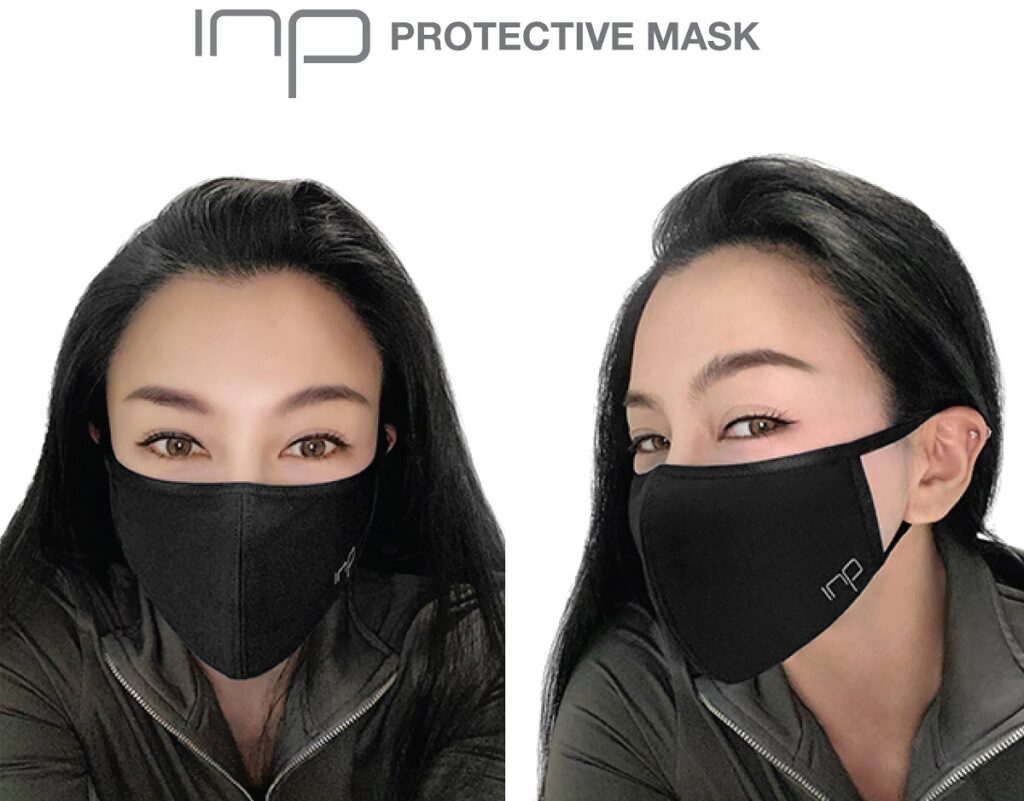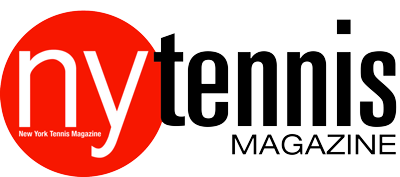inPhorm Produces Masks to Help During Pandemic

inPhorm is a company known for its trendy tennis, golf and yoga apparel and athleisure that has taken great pride in producing eco-forward active wear for more than 10 years.
But in the current landscape we find ourselves living in, with a global pandemic causing a health crisis the likes of which we’ve never seen before, inPhorm has pivoted its focus in order to do its part and help.
“In this time of crisis, we all need to come together to offer even a small measure of aid,” the company said in a note to its members and customers. “Since the outbreak was acknowledged as a pandemic, we have been researching and developing reusable protective face masks, not only for our inPhorm community, but hopefully for many others.”
The idea was to produce an effective mask that could be washed and re-used up to 20 times. Saad Hajidin, inPhorm’s founder and creative director, brainstormed with his partner, Supinya Vongsurapichet—and formulated a plan to manufacture masks at her factory in Thailand and make them available at the lowest possible price.
“The affects of COVID19 are obviously being felt globally, so with production down, a lot of people in her factory needed work as well,” said Hajidin. “We worked out a way we could do this quickly. She would use a fabric they had in-house for knitting, and then put a water repellent and antibacterial finishes on cotton and bamboo fabrics.”
Taking all the proper precautions, the plan was set in motion. The facility was completely sanitized, and each mask is decontaminated with heat at 80 degrees Celsius before being packaged.
The outer layer is made from tightly knitted sustainable hydrophobic cotton fabric that meets the international water-repellency test of up to 20 washes. The inner layer, which has a soft feel to the face, is made from eco-forward sustainable bamboo fabric with an antibacterial finish.
With its three-dimensional contour shape and stretch bands around the ear, the mask molds to the face as a filter against airborne particles and droplets. It comes with a filter pocket, and inPhorm is now also offering the filters, which provides even more protection. Check them out here: www.inphormnyc.com.
Hajidin said that within 48 hours, they were sold out of the 2,000 initial run of masks.
“We started slowly because I wanted to be sure we could deliver if orders came in,” he said. “We produced 10,000 masks in the follow-up, and are expanding on that as need grows — up to 100,000 masks. I’ve also begun reaching out to different states, to see if this would be a product they were interested in using as an alternative for health care workers.”
One thing that Hajidin and inPhorm wanted to make sure of was that the masks would be affordable and reusable.
“From watching the news, we could see how much some companies were gouging, and the prices of masks were going way up really quickly,” said Hajidin. “You heard of people making millions off of masks, some of which were just cloth and gave a false sense of security. So I wanted to make something that would be effective, and that we could offer at the lowest possible price. Another aim was to create masks that could be used a number of times. We are an eco-conscious company, and we realized that with all of these disposable masks being used, it’s going to create a great deal of waste. Making a mask that people can wash and reuse is a small but hopeful input toward less waste.”
The production of affordable and effective masks is just the latest example of inPhorm’s desire to help support the community in which it operates. Hajidin and his team are also now exploring other types of PPE (personal protective equipment) that the factory could produce “until we all return to normal and inPhorm can return to outfitting you on the tennis court.”
“We don’t know how long this pandemic will last, and wearing masks has become sort of a social norm,” said Hajidin. “I grew up in Asia and that was the norm. You wore a mask if you were not feeling well so you wouldn’t spread anything to other people. But before this crisis, if you wore a mask here you got weird looks. I think this has changed people’s minds, and masks will be part of the culture going forward. And I wanted to be able to offer a good, affordable mask, one that is effective and at a reasonable price. I think that’s how we can help people within our industry and community.”






